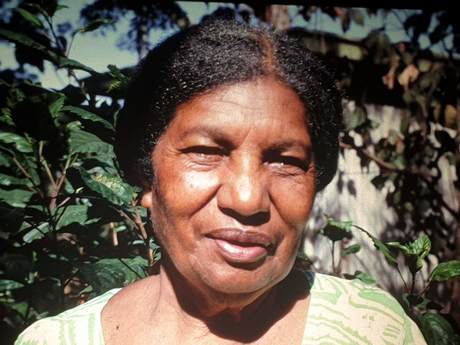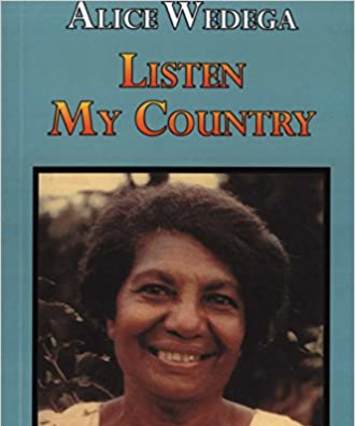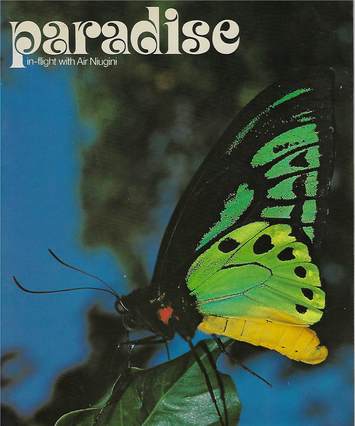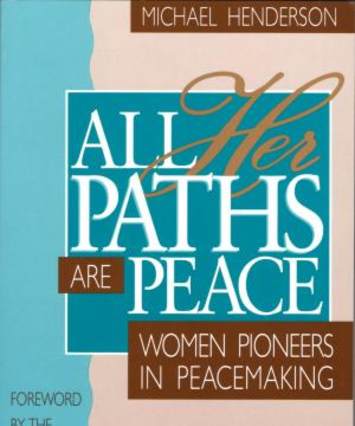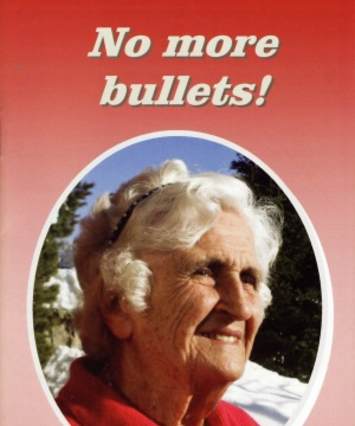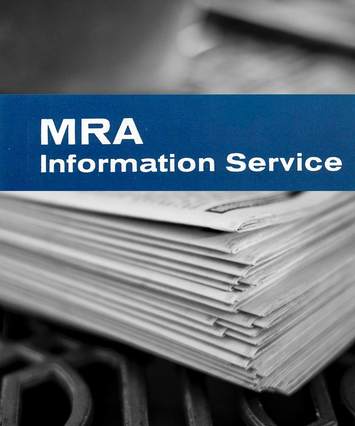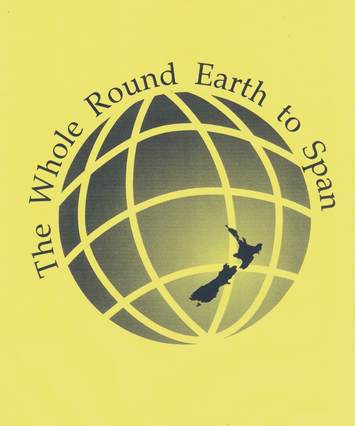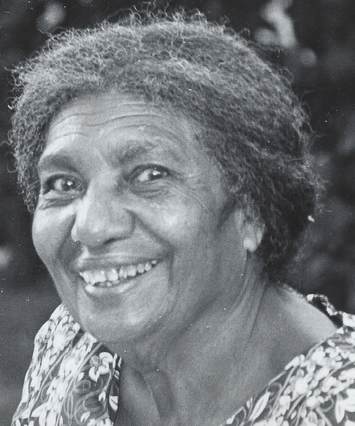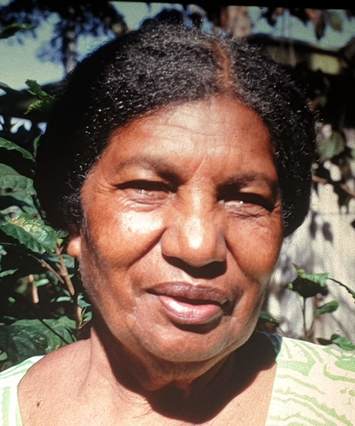Alice Wedega (1905-1987), missionary, teacher, expeditionary, nurse, internationalist, welfare worker, MRA activist, and politician, was born in Milne Bay, Papua New Guinea. Her parents were solid Christians and helped Alice to develop a deep faith. In the 1930s, they learnt about the ideas of the Oxford Group/MRA from Cecil Abel, son of the founder Charles Abel of the Kwato Mission, a branch of the London Missionary Society. She was one of the missionaries who ventured into Rigo-Abau, the head-hunting area of Central Papua. There, they met the chiefs of warring tribes. One, Sibodu, eventually laid down his spears in front of his enemies as a sign of willingness to change and be reconciled with them. The killing stopped and the tribes settled down and grew crops and started schools. She travelled to Northern Ireland, Ceylon, India and New Zealand, telling all she met about her efforts to end bitterness, create peace and build unity. In 1969-70 she lived for a year on Papua New Guinea's Bougainville Island, at a time of turmoil, building bridges of trust with the women, teaching them sewing, drum-oven baking, and "how the good spirit can speak to everyone". Alice was the first Papuan Girl Guides Commissioner, the first woman member of the Legislative Council, and the first woman to be decorated by the queen, becoming in 1982 Dame Commander of the Order of the British Empire. Her story Listen My Country, records a fascinating and full life.
Alice Wedega
Publicaties en artikelen door Alice Wedega (Bekijk alle 1)
Gerelateerd materiaal (Bekijk alle 13)
Foto's van (Bekijk alle)

